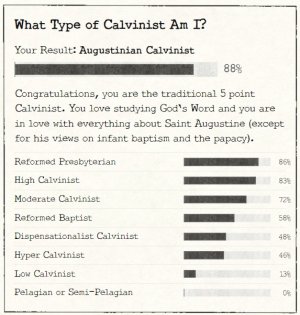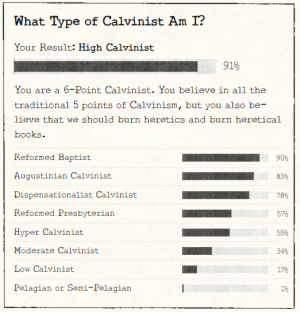What relation is our faith to regeneration? Not one thing. But, those who profess to believe and do not show forth faith, then let them know.......
Absolutely! Need proof? There are so many, which makes it difficult to know where to start.
John 5:24~"Verily, verily, I say unto you, He that heareth my word, and believeth on him that sent me, hath everlasting life, and shall not come into condemnation; but is passed from death unto life."
The Lord used a double verily to show us that very few believe what he was about to reveal to a person who loves and seeks after the truth.
The verb tense proves that faith is the results of being first born of the Spirit of God.
"He that heareth my word, and believeth on him that sent me, hath everlasting life"~if one can hear
and believe, that person
hath, past tense, everlasting life,
not that you will receive eternal life by believing, as you here are teaching.
Buff, no sinner can be receptive to the truth....impossible, because he is at enmity against God up until God regenerates him and creates within him a new amn,
then and ONLY then, he can be receptive, but not until then. You are going against the scriptures~Romans 8:5-9 said that you are dead wrong in your understanding. I'll go with Paul and the word of God.
Again, impossible, many have heard. and left harden, some have heard, and love what they hear, so WHO made the difference between them?
1st Corinthians 4:7~"For who maketh thee to differ from another? and what hast thou that thou didst not receive? now if thou didst receive it, why dost thou glory, as if thou hadst not received it?"
You are so wrong and have invented another method on how one is born again. Your theory goes against Jesus' teaching, which should make you to reconsider your position, but I'm sure it will not. Moe on this later....
Buff, this tells me that most of the gospel of John is closed to your understanding, for that gospel was written, or given, that we MIGHT KNOW we have eternal life and the strongest evidence of eternal life is faith~it is not a condition as you are laboring to make it be, but faith is the evidence of one having eternal life, a
huge difference.
The sense of this scriptures is this:
You might have (
the knowledge of ) eternal life~truly, this is the very purpose of all scriptures for apart from them we would have NO KNOWLEDGE of any truth!



